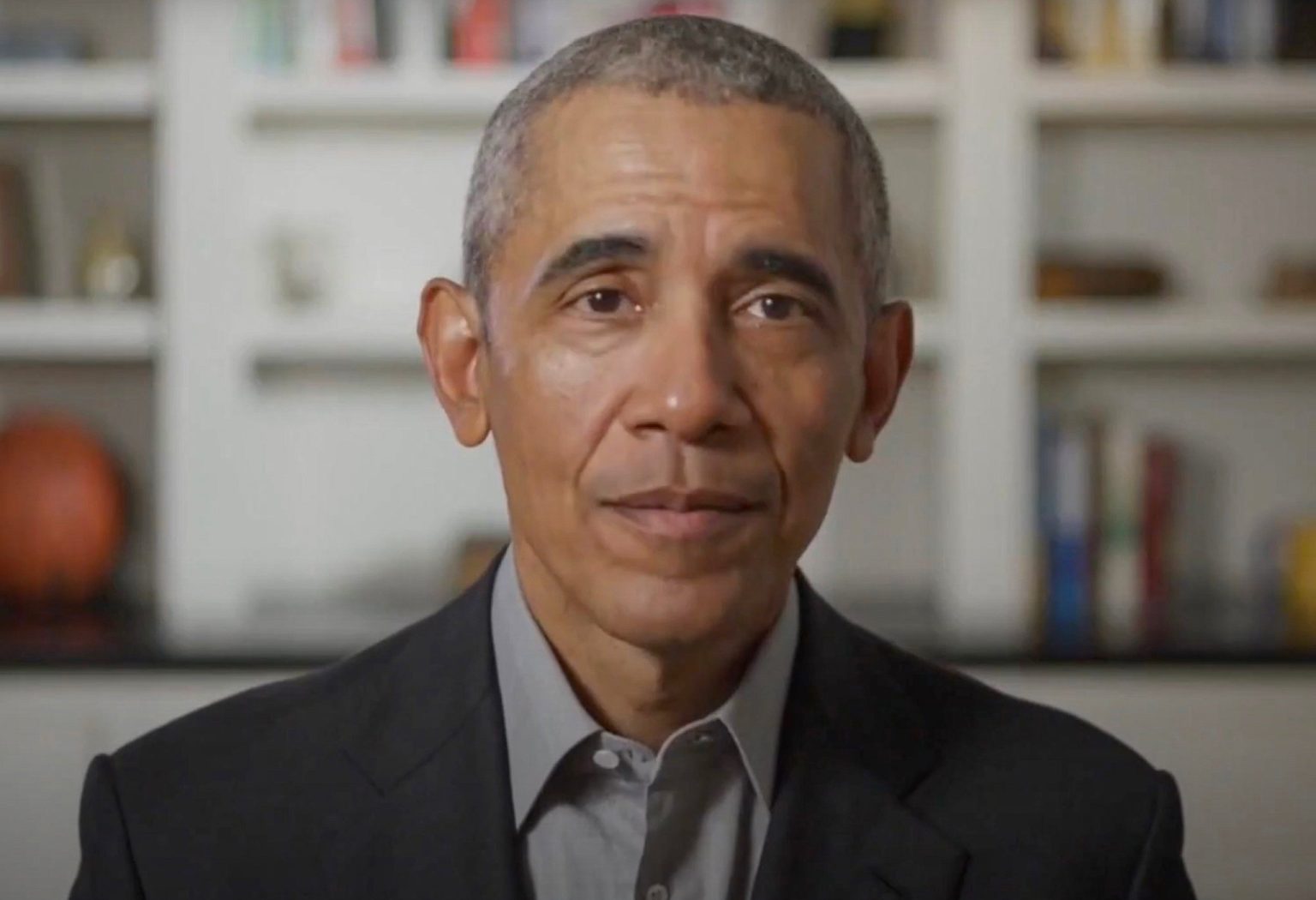The suspension of Jimmy Kimmel Live following the late-night host’s remarks about the slain conservative activist Charlie Kirk has ignited a firestorm of controversy, raising fundamental questions about free speech, political censorship, and the role of media in a polarized society. Former President Barack Obama has forcefully condemned the suspension, characterizing it as a dangerous assault on First Amendment principles and a chilling example of government overreach. This incident underscores the escalating tensions between the current administration and media outlets, particularly those perceived as critical of the government.
The controversy began with Kimmel’s on-air commentary regarding the assassination of Charlie Kirk, a prominent conservative figure and close ally of President Trump. Kirk was tragically killed during a debate at a Utah university, and Kimmel subsequently accused Kirk’s supporters of exploiting his death for political gain. This statement sparked immediate backlash, particularly from conservative circles, with some accusing Kimmel of insensitivity and disrespecting the deceased. The situation intensified when at least one local ABC affiliate, the network that airs Kimmel’s show, announced it would no longer broadcast the program. This local action preceded the network’s ultimate decision to suspend Jimmy Kimmel Live indefinitely.
The network’s decision, reportedly influenced by threats of a federal investigation from the administration, has been met with widespread criticism from free speech advocates and media organizations. They argue that the government’s actions represent a blatant attempt to suppress dissenting voices and control the narrative surrounding Kirk’s death. The implication is that the administration is using its regulatory power to coerce media companies into silencing commentators who express views it deems unfavorable. This raises concerns about the chilling effect such actions could have on journalistic independence and the public’s access to diverse perspectives.
Former President Obama’s intervention further amplified the debate. In a strongly worded statement posted on social media platform X (formerly Twitter), Obama denounced the suspension as a dangerous precedent, arguing that it represented a new level of government coercion designed to muzzle the media. He specifically criticized the administration for its perceived hypocrisy, pointing to its past complaints about “cancel culture” while simultaneously engaging in what he considers a form of censorship. Obama’s statement framed the suspension as a direct attack on the First Amendment, emphasizing that the constitutional protection of free speech is specifically meant to prevent this type of government interference. He called upon media companies to resist such pressure and uphold their responsibility to inform the public without fear of reprisal.
The Kimmel suspension highlights the increasingly fraught relationship between the media and the current administration. It reveals a deeper conflict over the boundaries of permissible speech, particularly when it involves criticism of political figures or sensitive topics. While some argue that Kimmel’s remarks were inappropriate and deserved condemnation, others defend his right to express his opinion, even if controversial. The core issue revolves around the question of who should decide what constitutes acceptable discourse, and whether the government should have the power to influence media programming decisions based on its political preferences.
The controversy also brings into focus the growing concerns about the potential weaponization of regulatory powers against media organizations. The threat of federal investigations, even if ultimately unfounded, can create a chilling effect, discouraging media outlets from reporting aggressively or expressing critical viewpoints. This could lead to self-censorship, where journalists and commentators avoid potentially controversial topics or tone down their criticism to avoid government scrutiny. Such a trend would undermine the media’s crucial role in holding power accountable and informing the public, ultimately eroding the foundations of a democratic society. The ongoing debate over the Kimmel suspension thus serves as a stark reminder of the importance of safeguarding press freedom and protecting the free flow of information, even when that information is uncomfortable or challenges those in power.














